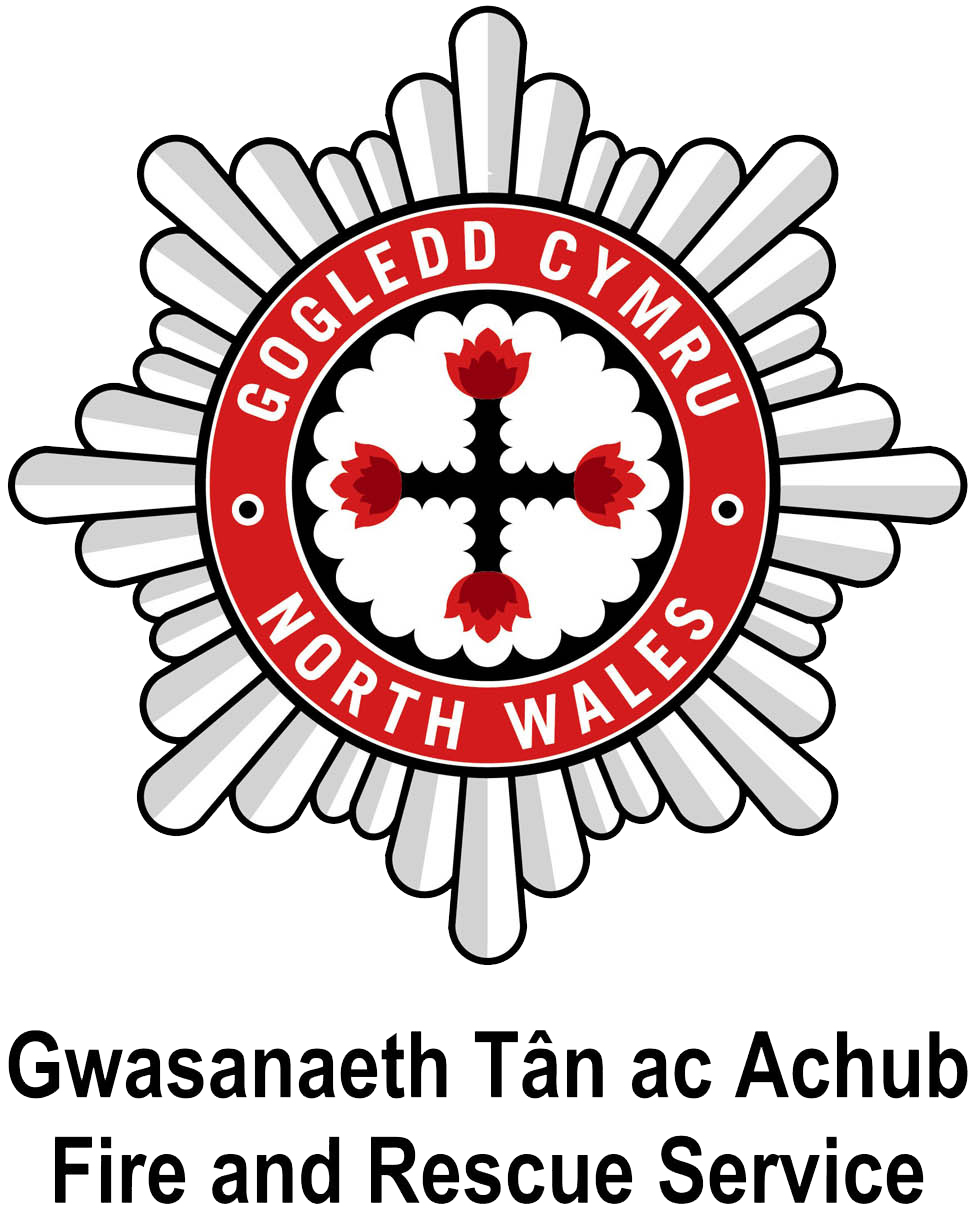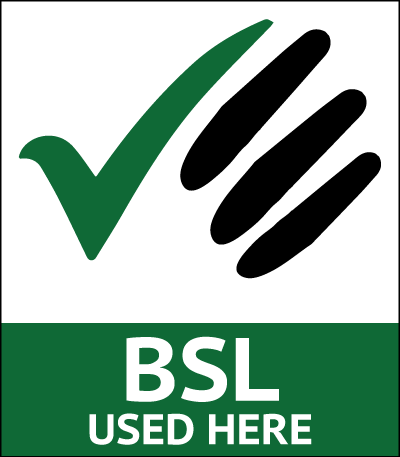Diwali
In 2024, Diwali, the ‘Festival of Lights’ will be celebrated by Hindu’s, Sikh’s and some Jain communities.
As a Service, we would like to wish everyone that celebrates Diwali a happy, prosperous and safe festival. We have put together some safety information to help people stay safe during the festival:

While the idea behind Diwali and the manner of celebration varies from region to region, the essence remains the same; to rejoice in the Inner Light (Atma) or the underlying reality of all things (Brahman).
Diwali is known as 'Festival of the Lights' and sees an increase in the use of 'divas' or oil lamps. It is believed that light signifies goodness therefore various lamps are burnt throughout the day and into the night to ward off darkness and evil.
The Five Days of Diwali

Typically, the five days of Diwali are celebrated as follows:
Day one: People clean their homes and shop for gold or kitchen utensils to help bring good fortune.
Day two: People decorate their homes with clay lamps and create design patterns called rangoli on the floor using coloured powders or sand.
Day three: On the main day of the festival, families gather together for Lakshmi puja, a prayer to Goddess Lakshmi, followed by mouth-watering feasts and firework festivities.
Day four: This is the first day of the New Year, when friends and relatives visit with gifts and best wishes for the season.
Day five: Brothers visit their married sisters (or other family members in general, in modern days) who welcome them with love and a lavish meal.
Statistics show that there is an increased fire risk at Diwali time, celebrations often include fireworks, the lighting of candles, divas and cooking special meals for family and friends, and by taking just a few simple precautions you can reduce the risks for yourself and your family.
Smoke Alarms
Smoke alarms save lives - so please make sure you have a working smoke alarm installed on every floor of your home. If there is a fire, a smoke alarm will immediately warn you, giving you and everyone in your home time to escape to safety.
Candles
- Always place candles firmly in a proper holder so they don't fall over and on a heat resistant surface
- Put out candles before you leave a room and before you go to bed
- Keep candles out of the reach of children and pets
- Keep candles away from ribbons, greetings cards and other decorations - these could easily catch fire
- Keep candles out of draughts and away from curtains, other fabrics or furniture, which could catch fire
- Keep candles away from clothes and hair - if there's any chance you could forget a candle is there and lean across it, put it somewhere else.
Cooking
Accidents do happen when cooking, if you do accidently set your smoke alarm off when cooking, open a window, ventilate the property and the smoke alarm should reset itself.
If you are cooking a feast during Diwali, we encourage you to cook safely:
- Don't get distracted when you are cooking - turn off or turn down the heat if you have to leave the cooking unattended
- Keep tea towels, clothes and electrical leads away from the cooker and hob
- Make sure saucepan handles are not sticking out from the hob or over a naked flame
- Remember to check that the oven or hob are switched off after you have finished cooking
- Take care if you're wearing loose clothing - they can easily catch fire
- Avoid leaving children in the kitchen alone when cooking on the hob
- Keep the oven, hob and grill clean and in good working order. A build-up of fat and grease can ignite a fire
Deep fat frying
- Take extra care when deep-fat frying or cooking with oil - hot oil can catch fire easily - use a thermostat controlled deep-fat fryer which will make sure the fat doesn't get too hot.
- Make sure food is dry before putting it in hot oil so it doesn't splash.
- If the oil starts to smoke - it's too hot. Turn off the heat and leave it to cool.
- Use a thermostat controlled electric deep fat fryer. They can't overheat.
- What to do if a pan catches fire
- Don't take any risks. Turn off the heat if it is safe to do so. Never throw water over it.
- Don't tackle the fire yourself - Get Out, Stay Out, Call 999.
Fireworks
Keep children safe
We want children to enjoy fireworks but they need to know that they can be dangerous if they are not used properly. Each year over half of all firework injuries are suffered by children. The Child Accident Prevention Trust and Direct.gov have more guidance on keeping children safe.
Did you know that sparklers get five times hotter than cooking oil? They should never be given to a child under five.
Protect your animals
You should take precautions to protect your pets during the times of the year when fireworks are likely to be set off.
Where to buy fireworks
- Don't cut corners just to save a few pounds. Always buy fireworks from a reputable shop to make sure that they conform to British Standards. This means that they should have BS 7114 written on the box.
- Sometimes shops open up for a short time before Bonfire Night but these may not be the best places to buy fireworks from. Staff in these shops might not be very knowledgeable about using fireworks safely and their fireworks might not meet British Standards.
- Don't buy fireworks from anywhere you're not sure about, such as the back of a van or from a temporary, unlicensed market stall.
What fireworks to buy
There are different categories of fireworks. Members of the public can buy and set off most of the fireworks that come under Categories 1 to 3. These are fireworks that include those that you can use indoors, in your garden or at a display. Always read the packet carefully and make sure that the fireworks you buy are suitable for the place where you are going to set them off.
Some fireworks can only be bought and used by firework professionals. These include air bombs, aerial shells, aerial maroons, shells-in-mortar and maroons-in-mortar, all bangers, mini rockets, fireworks with erratic flight, some Category 2 and 3 fireworks which exceed certain size limits, and all Category 4 fireworks.
Setting fireworks off
Only one person should be in charge of fireworks. If that's you, then make sure you take all the necessary precautions. Read the instructions in daylight and don't drink any alcohol until they've all been discharged. Make your preparations in advance and in daylight or with a torch (never a naked flame).
On the night you will need:
- a torch
- a bucket or two of water
- eye protection and gloves
- a bucket of soft earth to put fireworks in
- suitable supports and launchers if you're setting off Catherine wheels or rockets
If you are thinking of using fireworks as part of your celebrations, please follow the firework code.
Always follow the firework code
- Stand well back
- Keep pets indoors
- Keep fireworks in a closed box
- Only buy fireworks that are CE marked
- Light at arm's length, using a taper
- Follow the instructions on each firework
- Never give sparklers to a child under five
- Don't drink alcohol if setting off fireworks
- Always supervise children around fireworks
- Light sparklers one at a time and wear gloves
- Never put fireworks in your pocket or throw them
- Never go near a firework that has been lit - even if it hasn't gone off it could still explode
- Advice for organisers of fireworks displays
Fireworks and the law
There are laws about when fireworks can be sold, and to who - as well as the times fireworks can be set off.
If you are under 18, you can't:
- buy the types of fireworks which can be sold only to adults
- have fireworks in public places
- If you do, the police can give you an on-the-spot fine of £80.
It is against the law to:
- set off or throw fireworks in the street or other public place.
- set off fireworks between 11.00 pm and 7.00 am - except during certain celebrations
- If found guilty by the courts, you could be fined up to £5,000 and can be imprisoned for up to three months. You may be liable for an on-the-spot fine of £80.
- When you can use fireworks during celebrations
You can let off fireworks:
- until midnight on Bonfire Night
- until 1.00 am on New Year's Eve, Diwali and Chinese New Year
When did you last check your smoke alarm?
Keeping you safe in your home is our priority.
Safe and well checks are available free of charge and you can simply
Call us on 0800 169 1234 between 9am and 5pm to register, Monday to Friday

